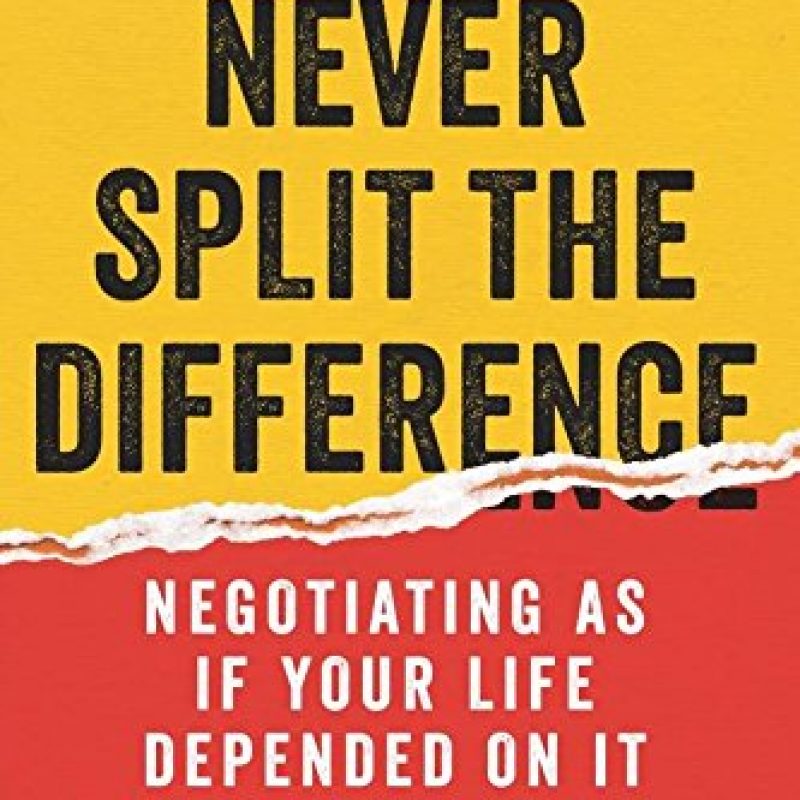Podcast: Play in new window | Download (Duration: 36:11 — 49.7MB)
Show Notes
In today episode, Val Lewis and I continue on the topic of negotiation that Kahlil Yearwood started in MOB 3 by reviewing the book “Never Split the Difference – Negotiating as If Your Life Depended On it” by Chris Voss. If you are interested in acquiring new negotiation techniques and becoming a more effective manager, then this episode is for you. In a fun and lively manner, we focus on three of the techniques that Mr. Voss discusses in his book; labeling, bending reality, and creating the illusion of control.Chris Voss provides insight into the concepts and practices of FBI negotiators. He teaches the reader how to effectively use these tools in a business environment.
Each chapter starts with a fast-paced story of a hostage negotiation, which is dissected to explain what worked and what didn’t. Afterwards, Chris explains the theories and tools that were used to achieve a successful outcome.
This is a ten-chapter reference guide to negotiation where each chapter explores different tactics that can be used during a business negotiation. We could never cover all of the tactics and tools that Chris explains in the book, so Val and I concentrated our efforts.
The Three Negotiation Tactics That Are Reviewed During This Show
Don’t Feel Their Pain – Label it
• Tactical Empathy – Put yourself in the other person situation.
• Labeling neutralizes negatives, reinforce positives
• Get negatives out in open.
• Clearing barriers.
• Accusation Audit
Bend Their Reality
• Dig deep to understand your counterpart needs.
• Loss aversion
• Don’t sweat the deadline to hard.
• Make time (deadline) your ally
• Use of a range when presenting offers
• Use of specific numbers $32,879.98
• Get non-monetary items to increase the value of the deal.
• Anchor emotions.
Create the Illusion of Control
• Suspend unbelief – Active resistance – back off that energy
• Avoid questions that can be answered with a “yes” or little bits of information.
• Avoid questions that start with words like “can”,” is”,” are”,” do” or “does”
• Use calibrated questions to solve problems?
• Don’t ask “Why” questions – May be too aggressive.
• When attacked during a negotiation, bite your tongue.
• Influence the team behind and under the table.
Our Conclusion
We believe that this book is worthy of your time and money. If you want to be a better negotiator, you should definitely read this book.

